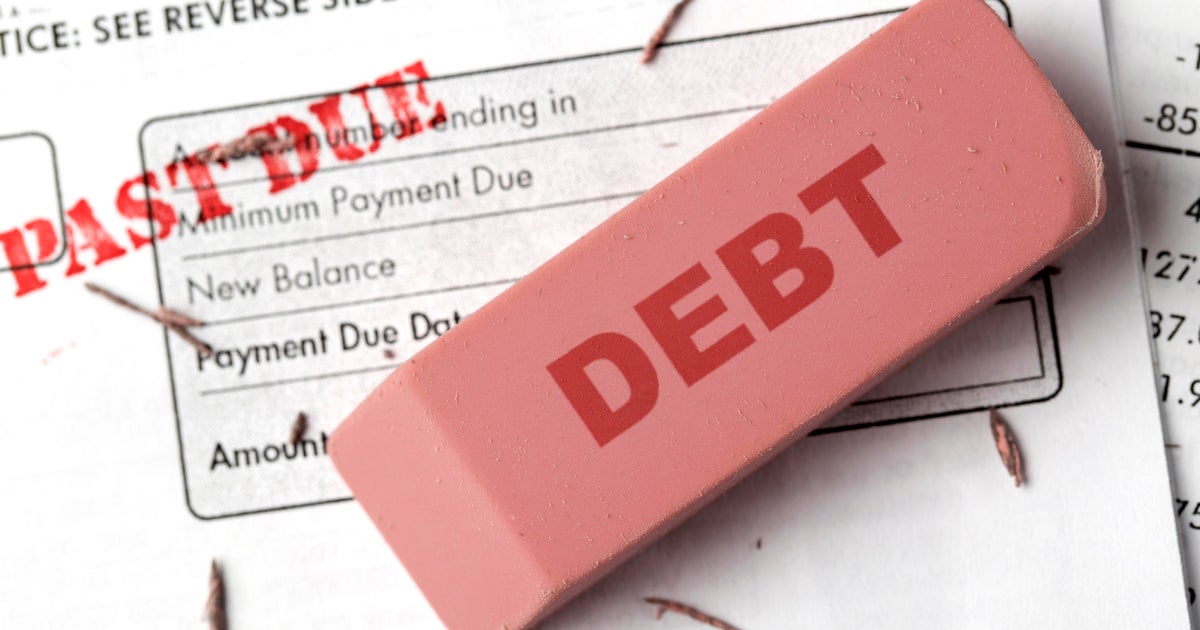Americans are fed up with the economy — and $100,000 earners are driving the pessimism
It is perhaps no surprise that the fiercest inflation in decades is eroding many Americans' confidence in the economy. More eye-opening is which group has the grimmest outlook: higher-income households.
Consumer sentiment in February dipped to a decade-long low, and the decline was almost entirely focused among households earning at least $100,000, according to the closely watched University of Michigan Surveys of Consumers. Sentiment in that group dropped almost 13%, reflecting worries from higher-income Americans about rising interest rates and the impact of inflation on their personal finances, the university said.
Overall consumer sentiment in February fell to 62.8 points, down from 76.8 points a year earlier.
Rising U.S. prices are hitting all Americans, and lower-income households have less leeway in their budgets to handle the surging cost of everyday items ranging from gasoline to food. But upper-income households may be more aware of the impact of inflation given that they haven't enjoyed the same income gains of late as lower-income workers, which means their "real wages" — or wages after inflation is factored in — are declining.
The stock market turmoil also is affecting higher-income workers' retirement accounts and investments, fueling their anxiety. Only about 4 in 10 of the lowest-earning Americans have access to retirement plans, compared with 8 in 10 of the highest-earning workers.
Rising worries about inflation could translate into slower economic growth given that "an optimistic consumer is more comfortable spending and borrowing," said Charlie Wise, senior vice president of research and consulting at TransUnion, which has been studying consumer trends during the pandemic.
"And one [consumer] that is pessimistic is one that is likely to pull back," he added
Inflation worries
American's top current economic concern is inflation, according to TransUnion's new Consumer Pulse study, released on Wednesday. But higher-income consumers are fretting more than lower-income Americans, the study found.
About 66% of consumers earning more than $100,000 were worried about inflation, compared with 61% of households earning less than $50,000, the study found. (The polling was done prior to Russia's invasion of Ukraine, so the potential inflationary impact on gas prices and other goods wasn't reflected in the survey.)
"There is less stated concern by lower-income consumers, but the question is how much of that is not understanding inflation," Wise noted. "There is a level of financial fluency that correlates to people's income."
Yet low-wage workers also are in demand, and that's pushing up their wages at much higher rates than white-collar workers. Average hourly earnings for workers in leisure and hospitality — waiters, hotel workers and the like — jumped 13% in January from a year earlier, according to the most recent government data. That kept their wages well ahead of the 7.5% jump in inflation over the same period.
Meanwhile, workers in the financial sector, such as bankers and real estate agents, saw their wages rise 4.8% over the same period. In effect, these workers have seen their incomes and purchasing power shrink because of inflation.
President Biden's ratings
That's increasingly impacting how voters view President Joe Biden, whose approval ratings on inflation and the economy have taken a hit, according to new CBS polling. About 6 in 10 Americans say the economy is in bad shape, the poll found.
By many economic measures, however, the nation is snapping back into shape — the nation's unemployment rate was 4% in January, not far off its pre-pandemic level. Wages are rising, with most economists predicting growth of at least 3%.
"It's really inflation that's coming out — that's the focus," TransUnion's Wise said. "There are very few people out there that aren't buying groceries, aren't buying gas. It's unavoidable and it's really showing up in the numbers."
In Tuesday's State of the Union address, Mr. Biden acknowledged that inflation is eating away at household income. He vowed to tackle spiraling costs, adding that "my top priority is getting prices under control." He outlined measures such as increasing competition among U.S. suppliers of goods and cracking down on companies that he said are overcharging consumers.
Yet consumers aren't likely to see relief anytime soon, with economists expecting inflation to remain high at least through the first half of 2022.
"A few holes in the road"
Among those feeling the impact of inflation is Winnie Hewett, a 68-year-old retiree in Mission Viejo, California, who describes her family as upper middle class. She noted that her gas bill has more than doubled from a year earlier, and rental car costs surged when she visits her mother in North Carolina, jumping to $1,200 for a month from $800.
Hewett said that she's shifted some spending, especially with her younger child now in college, which has lowered her daily grocery costs. But she added that she doesn't blame Mr. Biden for inflation, which she believes is due to a combination of supply-chain disruptions and the influx of federal stimulus money that bolstered household finances and fueled demand for goods.
"That inflation was coming — it wouldn't have mattered who was in office," Hewett said.
She's also watched some of her retirement investments decline in value and expects that Russia's invasion of Ukraine will lead to more market turbulence.
"Probably we have a few holes in the road in front of us," Hewett said, adding she still feels positive that inflation and other issues will improve throughout the year. "When you live long enough, you see the ups and downs, internationally and here at home. I just believe that we'll bounce back."



